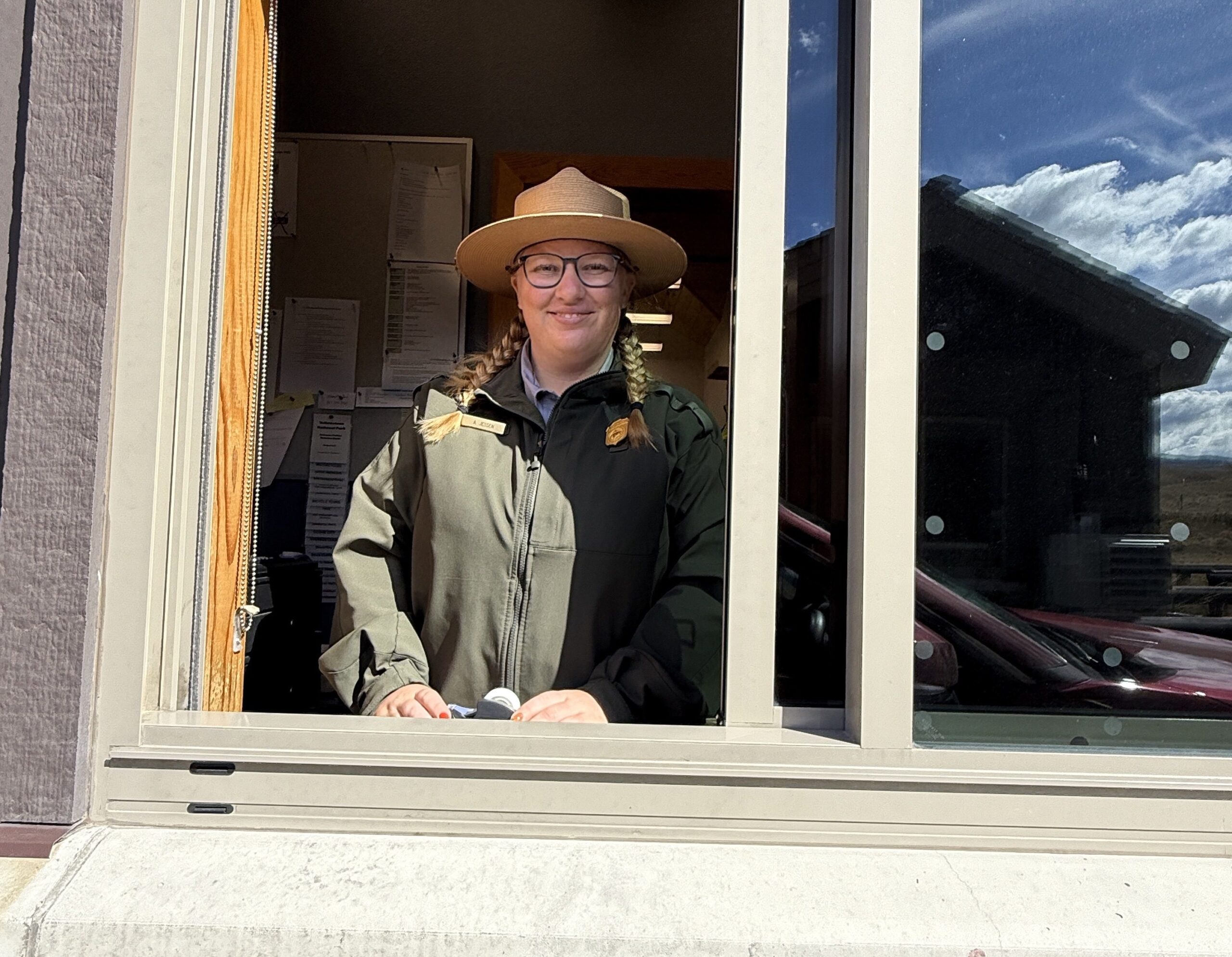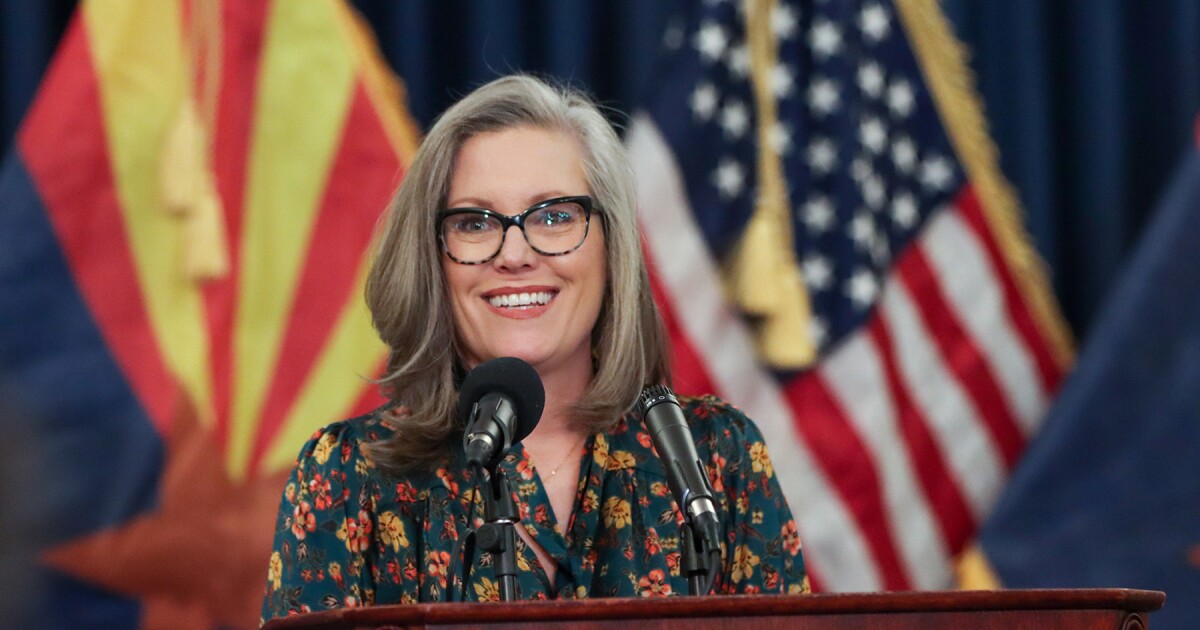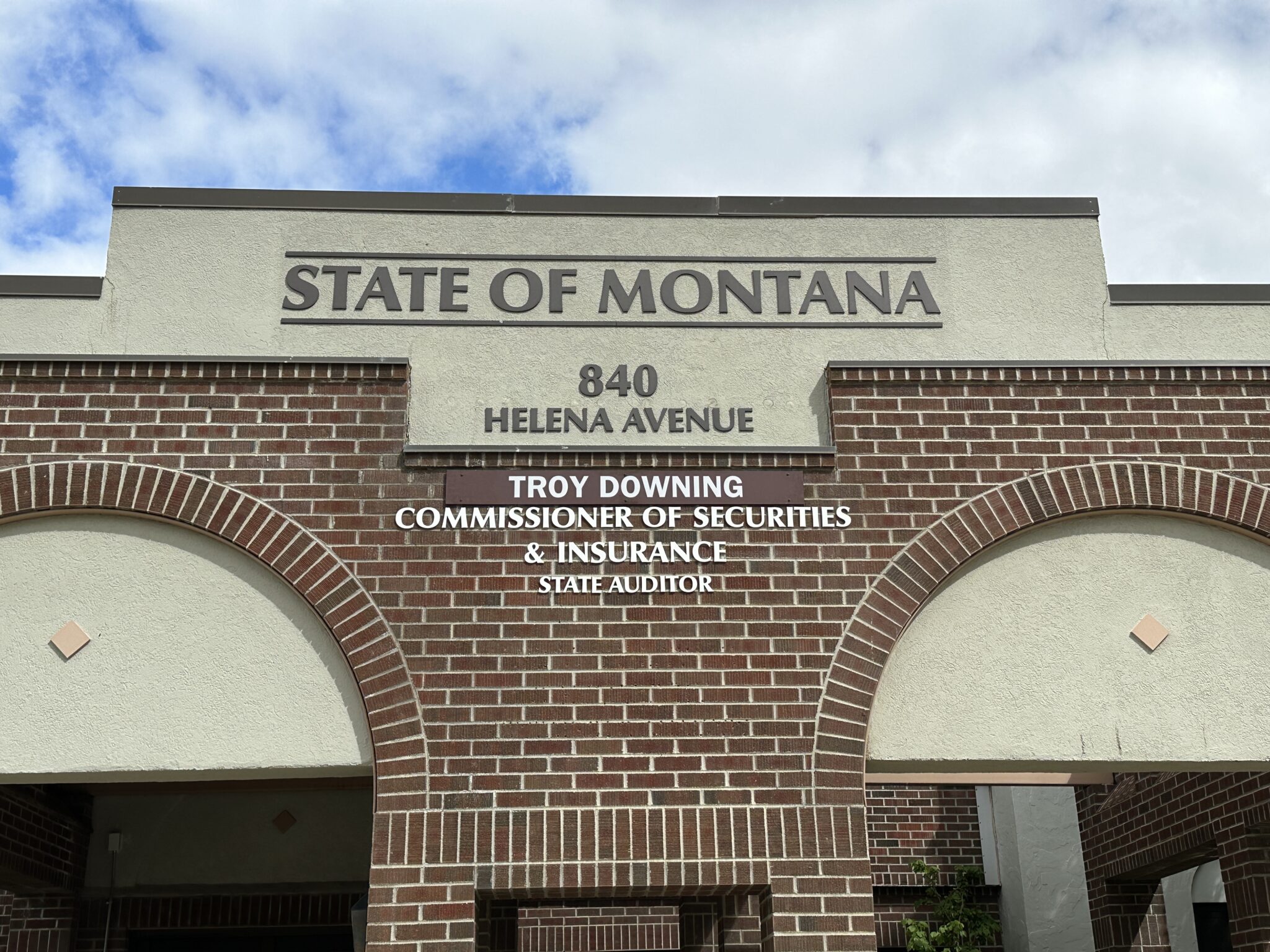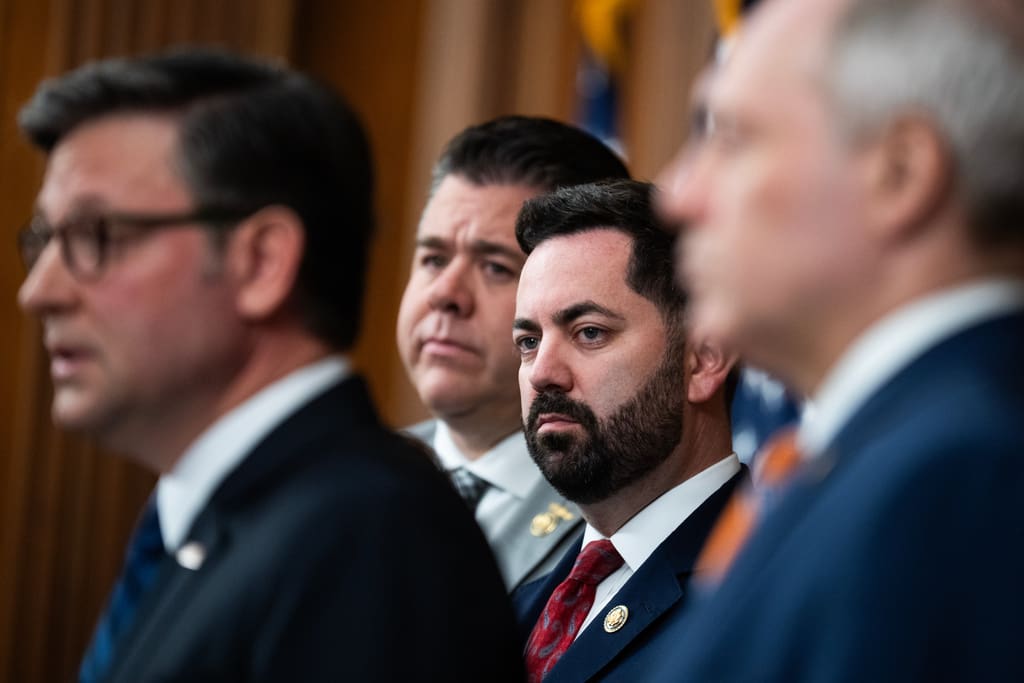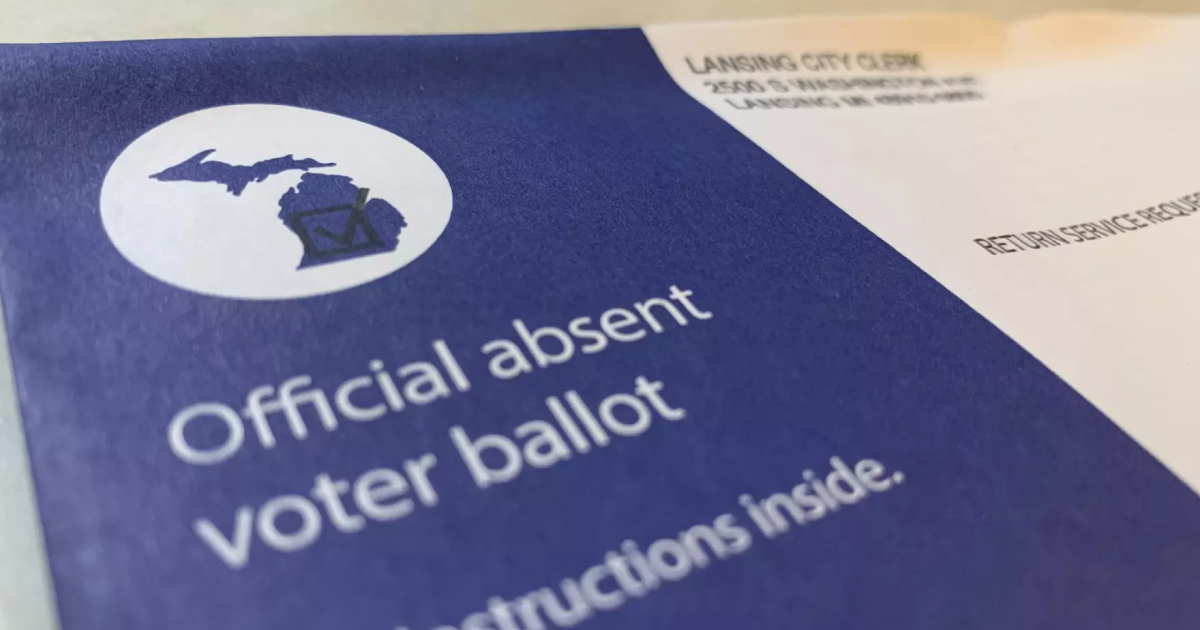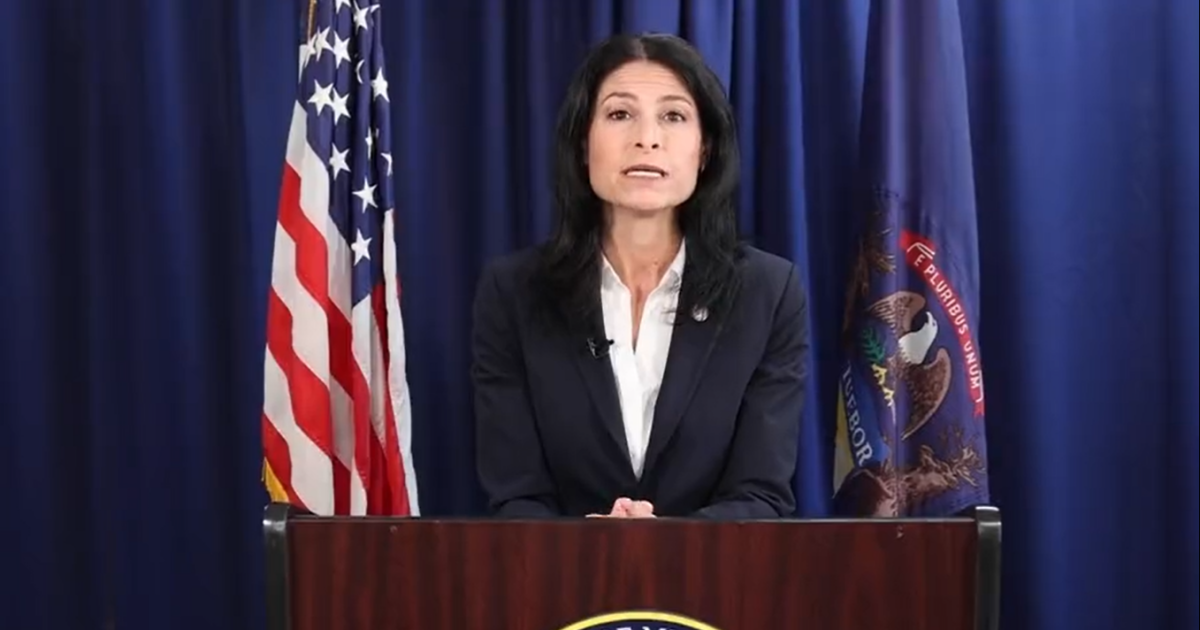Political Stalemate in Michigan: Insights from Former Governor Granholm
As Michigan grapples with a potential government shutdown, lessons from past budgetary challenges emerge as a beacon. Former Governor Jennifer Granholm, who navigated similar crises in 2007 and 2009, shares her insights on the current deadlock in Lansing.
The state’s budget negotiations have stalled, raising concerns of a possible shutdown if unresolved by next month. Granholm’s experiences during her tenure offer valuable perspectives on managing such impasses. A divided legislature, much like today’s, was a significant challenge during her administration.
In a recent discussion, Granholm emphasized the importance of public engagement during budget crises. “One of the things that was pretty effective was…going around the state, having town halls where you invited members of the Legislature and the citizens…And then I gave them clickers and put up questions,” she recalled. This approach allowed legislators to understand public priorities, making difficult budget cuts slightly more palatable.
Granholm advises current leaders to prioritize direct communication and face-to-face negotiations. She believes the “human touch” is crucial to breaking the partisan gridlock. “Everything can’t be a 100% win. Everybody’s got to give something to move it forward,” she stated.
Reflecting on economic strategies, Granholm advocates for economic incentives to attract businesses, drawing from her post-gubernatorial experiences in California. The absence of such incentives, she argues, can lead to businesses relocating. Michigan’s success with the Michigan Economic Development Corporation (MEDC) serves as a model for leveraging incentives to attract industries, especially in advanced manufacturing and clean technology sectors.
On the political front, Granholm expresses concern over the current partisan divisions, which she deems “heartbreaking.” She warns against leadership that exacerbates partisanship, calling for a return to unifying principles. The divisions are particularly evident in the context of upcoming elections, where Detroit Mayor Mike Duggan’s independent gubernatorial bid reflects growing voter discontent with traditional party politics.
Despite the challenges, Granholm remains optimistic about technological advancements as a means to overcome legislative bottlenecks. She views technology, such as AI, as a potential tool to expedite processes traditionally hampered by political inertia.
Granholm’s reflections offer a blend of historical lessons and forward-looking strategies, providing current Michigan leaders with a roadmap to navigate the intricate landscape of state governance.
—
Read More Michigan News


